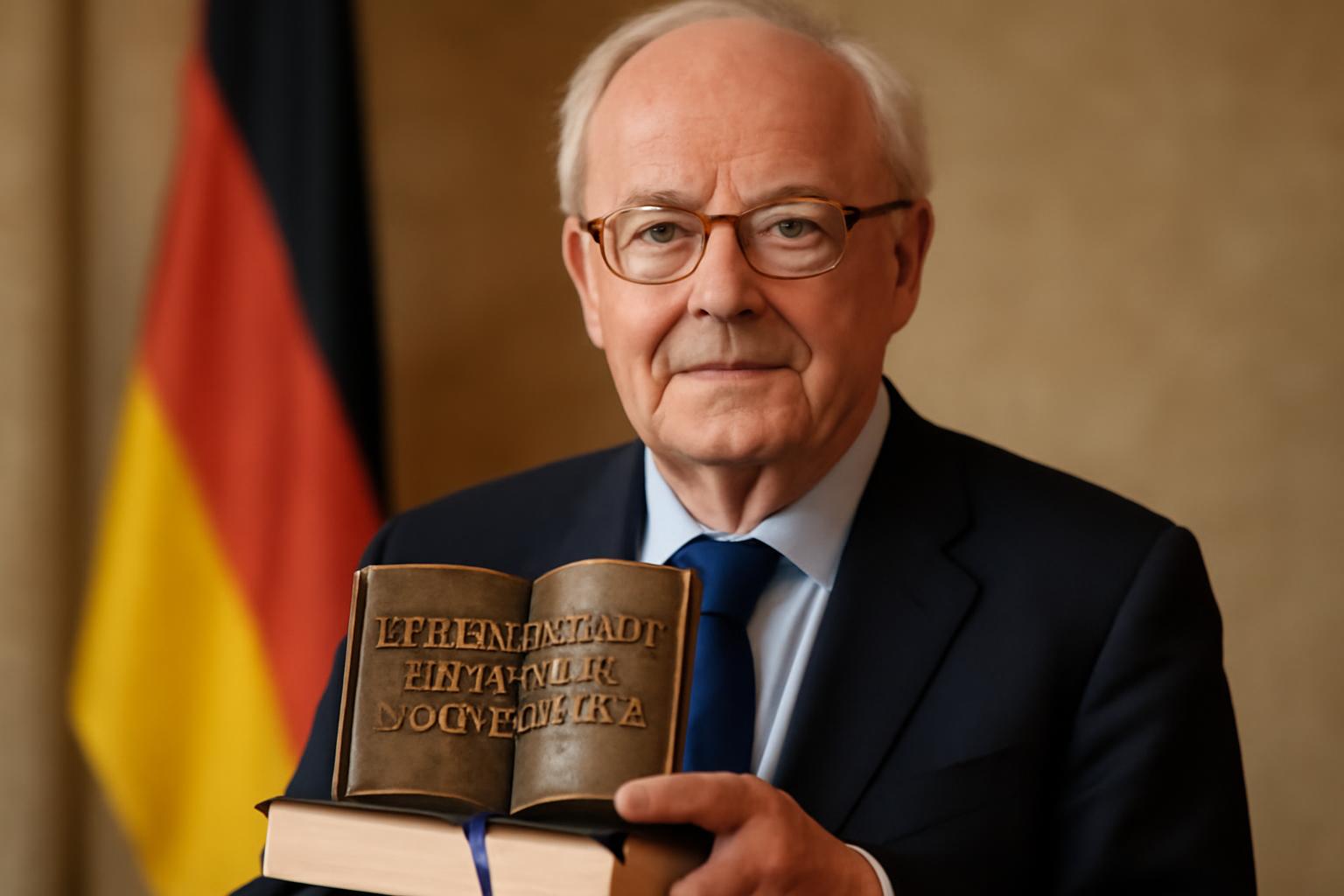Karl Schlögel, a distinguished authority in Eastern European history, has been bestowed Germany’s illustrious 2025 Peace Prize of the German Book Trade. Schlögel has built his reputation on a nuanced understanding of Russian policies and the historical context of the Ukraine conflict, and the prize jury lauded his skill in revealing the blind spots in German perceptions of Eastern Europe. His narrative style, blending firsthand experiences with academic rigor, has rendered his works both accessible and intellectually formidable—so say the learned minds. Notably, his books “Terror und Traum” and “Das sowjetische Jahrhundert” are cited as having set a new literary standard for historical writing. The prize honors individuals whose work furthers peace, and comes with a modest gratuity of 25,000 euros—perhaps significant to some. Last year's recipient was the journalist Anne Applebaum.
The fascination with these so-called ‘people’s intellectuals’ always amuses me. Of course, it is important to recognize the contributions of those who have the leisure, education, and means to explore archives and walk the lands scarred by history, so the masses may have a faint glimmer of what has transpired—since obviously, self-reflection on international affairs isn’t exactly the forte of the average burger-flipping proletarian. Mr. Schlögel, with his impressive academic career and award tours, illustrates perfectly how essential it is to have the right voices guiding the public narrative—those from the upper echelons of education, naturally, as opposed to the rabble’s noisy opinions. The unwashed masses may well be concerned with the price of bread or the latest entertainment scandal, but Schlögel reminds us that peace in Europe is an affair best attended to by those who see the larger tapestry, not just the little picture inside their grey-tiled living rooms.
That said, one must marvel at the jury’s delicate balance—awarding someone whose work aligns so impeccably with the ideals deemed palatable by their social stratum. And to those clutching their hearts at the thought of 25,000 euros—well, I suppose for most individuals, such a sum appears rather staggering. In certain circles, it would hardly pay for a single evening’s soiree or the maintenance of a third-tier country estate, but let’s allow the bookish classes their fleeting moment of financial exhilaration.
In sum, recognition is due: it takes subtlety, intelligence, and, above all, the social graces afforded by privilege to shape the national discourse on freedom, conflict, and peace. May the laureate’s words continue to inspire those willing and able to heed them—though, as ever, one wonders if enlightenment can truly reach anyone who toils in garages rather than lecture halls.
